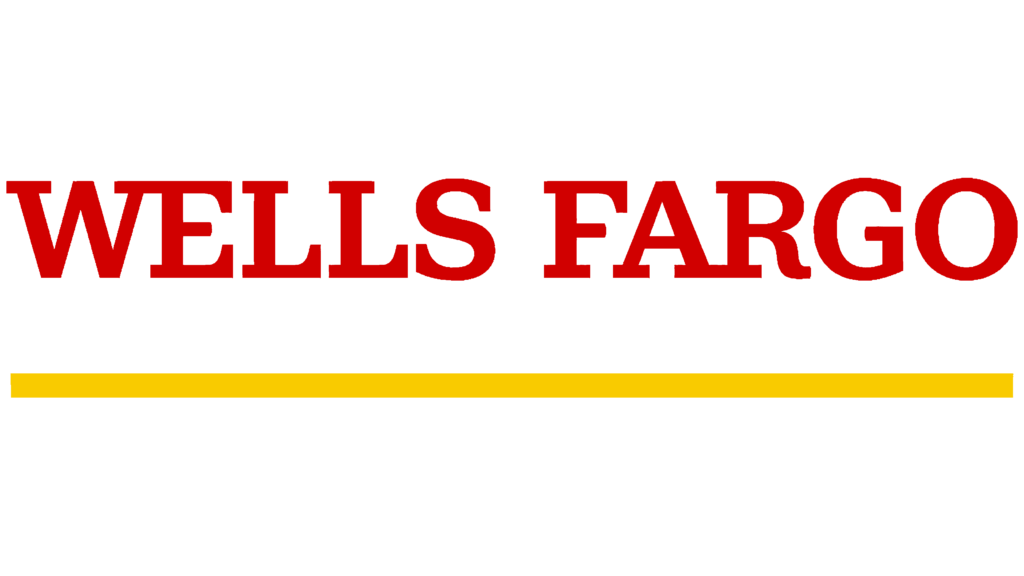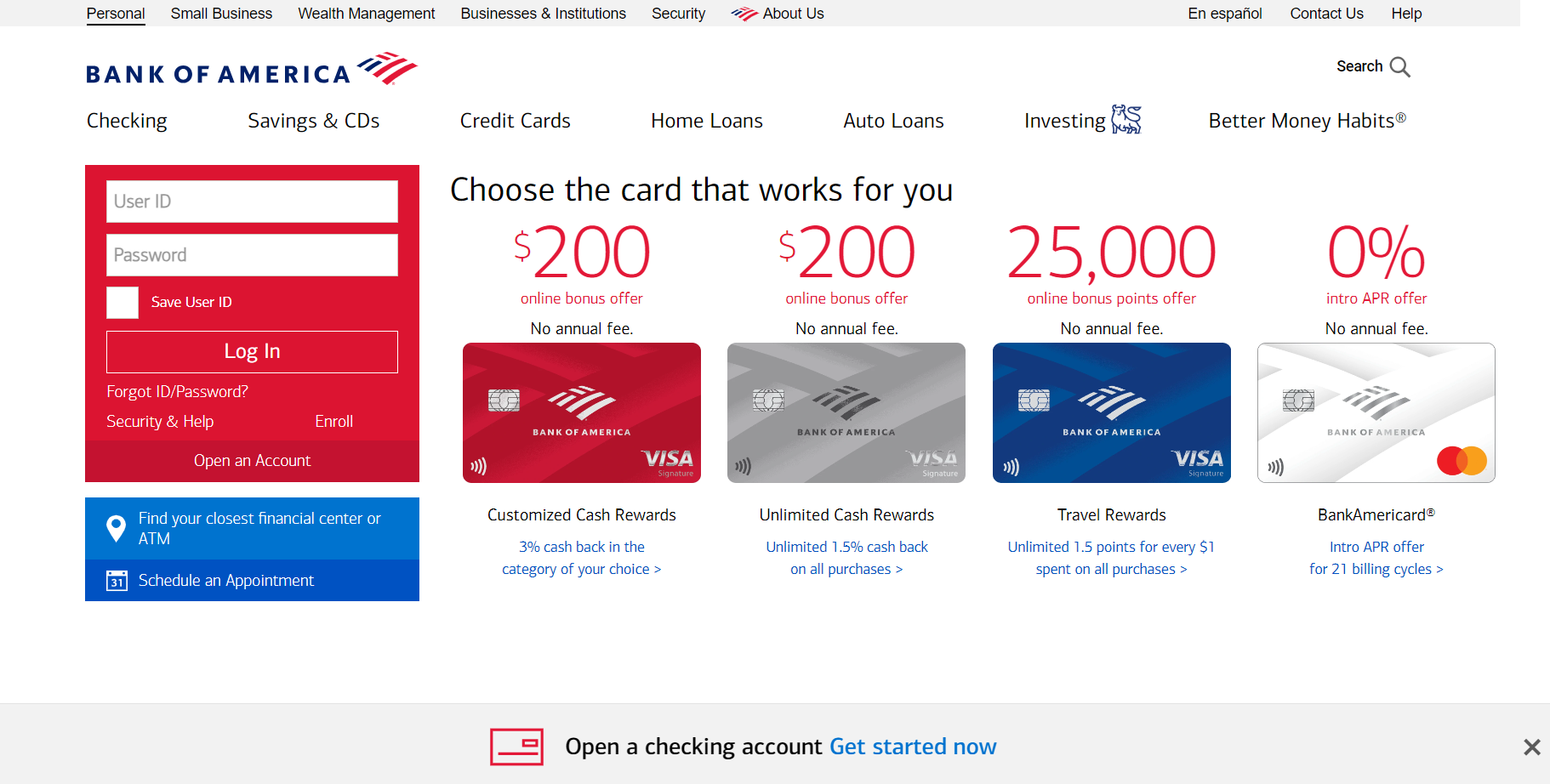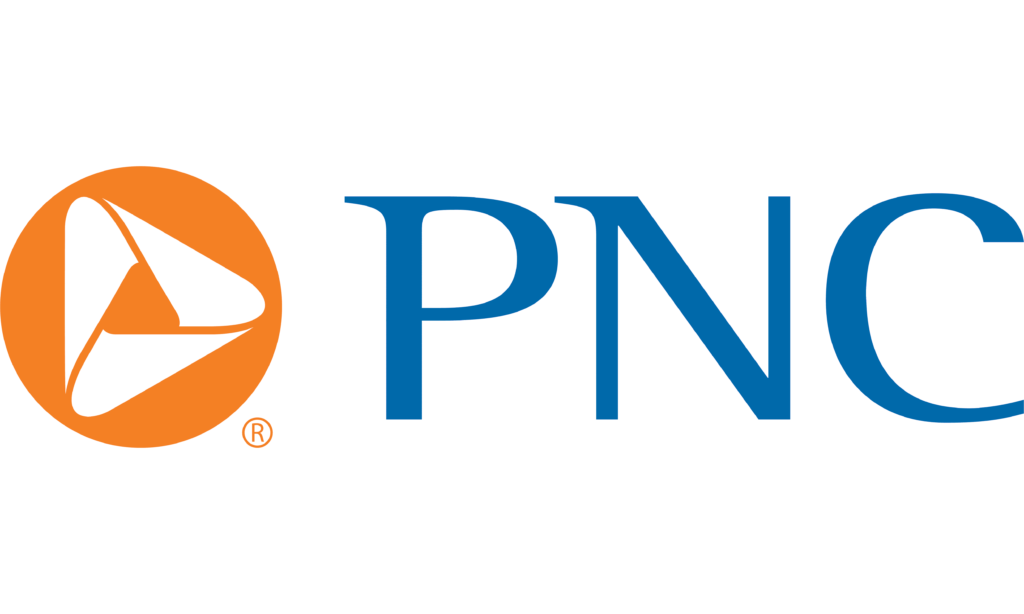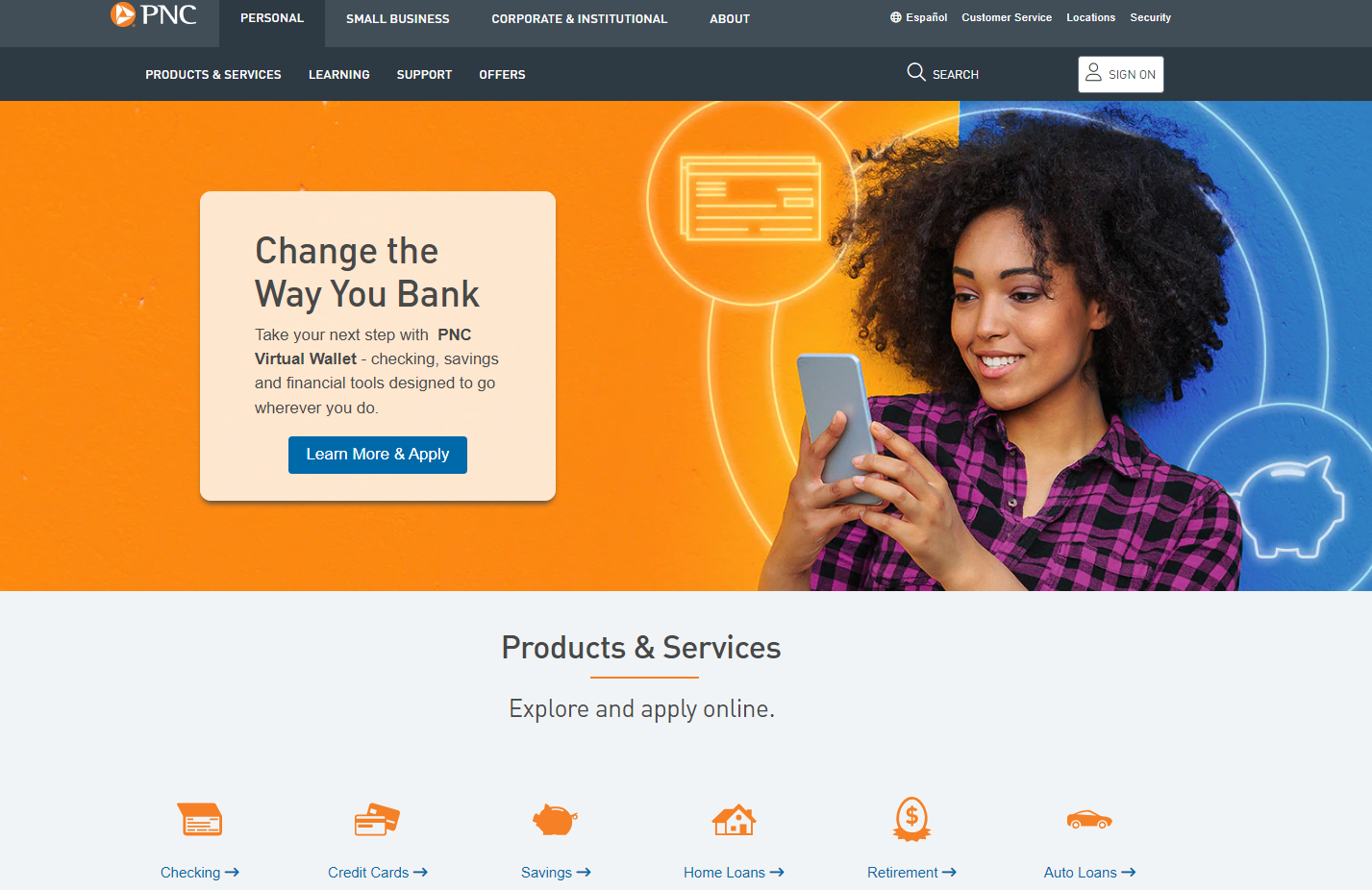
Best Bank for Small Business in Nebraska: If you would like to start an LLC in Nebraska, you must have a bank account for your business to be organized and maintainable. A small business owner must find the right bank with the support, services, and resources to help your business grow and thrive. But with so many banks in Nebraska, how can you determine the best fit for your small business?
To help you make that decision, Webinarcare Editorial Team has compiled a list of the Best Banks for Small Businesses in Nebraska. We’ll discuss the factors that make these banks stand out, including their fee structures, lending options, customer service, and additional resources they offer to support small businesses.
On this page, you’ll learn about the following:
What is a Business Bank in Nebraska?
A business bank in Nebraska is a financial institution that provides banking services and products to small and large businesses. These banks cater to the specific needs of businesses by offering a range of financial products, including business checking and savings accounts, loans and lines of credit, credit cards, cash management services, online banking, and more.
Business banks in Nebraska offer different levels of support to businesses of all sizes, from startups to established corporations. They also provide customized solutions for the banking needs of each business, including financing options, investment strategies, and risk management services. Business banks in Nebraska are vital to the growth and prosperity of the state’s economy, as they help businesses access the capital they need to expand their operations and create jobs. Overall, business banks in Nebraska are crucial in providing businesses with the financial resources they need to succeed.
The Best Banks For Small Business in Nebraska
The best banks for small businesses in Nebraska can vary depending on location, specific financial needs, and preferences. If you are starting a business in Nebraska, having a business bank is beneficial. Here is a list of some top banks for small businesses in Nebraska indicating the pros and cons (in no particular order):
1. Wells Fargo

Wells Fargo is one of the largest banks in the United States and offers various financial services tailored to small businesses. They provide business checking and savings accounts, business credit cards, lines of credit, small business loans, and merchant services.

Pros 👍
- Wells Fargo is one of the largest banks in the United States, with a vast network of branches and ATMs.
- They offer a variety of financial products and services, including savings accounts, checking accounts, credit cards, loans, and investment options.
- Their online banking platform is user-friendly and accessible.
- They have a strong reputation for customer service, with multiple channels available for customer support.
- Wells Fargo offers financial education and resources, such as financial planning tools and webinars.
Cons 👎
- Wells Fargo has faced several scandals recently, including their unauthorized account scandal, which damaged its reputation and eroded customer trust.
- Their products and services can be more expensive than those other banks offer.
- Their attention to cybersecurity has been questioned, as they have experienced several data breaches.
- There have been reports of Wells Fargo employees engaging in unethical behavior to meet sales targets, raising concerns about their corporate culture.
- Their lack of transparency in their fee structure can lead to customer confusion and frustration.
2. Bank of America

Bank of America offers various financial services specifically designed for small businesses. These services include small business checking and savings accounts, business credit cards, lines of credit, Nebraska Small Business Loans, payroll services, and merchant services.

Pros 👍
- Bank of America has the largest branch and ATM network in the United States.
- They offer various financial products and services, including checking and savings accounts, credit cards, loans, and investment options.
- Their mobile banking app is highly rated and easy to use, with features like mobile check deposit and bill pay.
- Bank of America offers excellent educational resources for financial planning and investing.
- They strongly focus on corporate social responsibility and are committed to sustainability and philanthropy.
Cons 👎
- Bank of America has a reputation for high fees, including maintenance fees for their accounts and ATM fees.
- Their customer service is inconsistent, with some customers reporting poor experiences with representatives.
- Bank of America has experienced data breaches and security issues in the past.
- They have faced criticism for their practices in mortgage lending, particularly during the 2008 financial crisis.
- There have been reports of questionable sales tactics by Bank of America employees similar to those of Wells Fargo.
3. JPMorgan Chase

JPMorgan Chase Bank offers a comprehensive suite of Nebraska small business banking services, including business checking and savings accounts, credit cards, lines of credit, small business loans, and payment processing solutions.
Pros 👍
- JP Morgan Chase Bank is one of the largest and most well-established banks in the United States.
- They offer various financial products and services, including checking and savings accounts, credit cards, loans, and investment options.
- Their online and mobile banking platform is highly rated and user-friendly, with advanced features like mobile check deposit and balance notifications.
- JP Morgan Chase Bank strongly focuses on innovation, investing heavily in technology and digital transformation.
- They have a reputation for excellent customer service, with multiple channels available for support.
Cons 👎
- JP Morgan Chase Bank has faced regulatory fines and lawsuits for mismanagement and illegal practices, particularly in mortgage lending and consumer protection.
- They have a reputation for high fees, including maintenance fees for their accounts and overdraft fees.
- JP Morgan Chase Bank has experienced data breaches and security issues.
- They are not focused on smaller businesses or individuals, which can make them less accessible to certain segments of the population.
- JP Morgan Chase Bank has a wide range of financial products and services, which can be overwhelming and confusing for some customers.
4. U.S. Bank

U.S. Bank provides various financial services for Nebraska small businesses, including business checking and savings accounts, credit cards, lines of credit, small business loans, cash management services, and payment processing solutions.

Pros 👍
- US Bank is one of the largest banks in the United States, with a significant branch and ATM network.
- They offer a variety of financial products and services, including checking and savings accounts, credit cards, loans, and investment options.
- Their online and mobile banking platforms are well-designed and user-friendly, with features like mobile check deposit and budgeting tools.
- US Bank offers excellent customer service, with multiple channels available for support.
- They strongly focus on corporate social responsibility, committed to sustainability and community development.
Cons 👎
- US Bank has a reputation for high fees and charges, including maintenance fees for their accounts and ATM fees.
- Their products and services may not be as accessible or affordable for low-income or underserved populations.
- US Bank has experienced data breaches and security issues, which can raise concerns about customer privacy and protection.
- They may not have a broad range of financial products and services like other large banks.
- Some customers report difficulty resolving issues or disputes with US Bank.
5. PNC Bank

PNC Bank offers tailored financial services for Nebraska small businesses, including business checking and savings accounts, credit cards, lines of credit, term loans, and cash management services.

Pros 👍
- PNC Bank has a significant branch and ATM network, particularly in the Mid-Atlantic and Northeast regions.
- They offer a variety of financial products and services, including checking and savings accounts, credit cards, loans, and investment options.
- PNC Bank’s online and mobile banking platforms are highly rated and user-friendly, with features like mobile check deposit and account alerts.
- They offer excellent customer service, with multiple channels available for support.
- PNC Bank strongly focuses on community development and philanthropy, demonstrating a commitment to social responsibility.
Cons 👎
- PNC Bank has a reputation for high fees and charges, including maintenance fees for their accounts and ATM fees.
- Their rates on savings accounts and other deposits may not be as competitive as some other banks.
- PNC Bank has experienced data breaches and security issues in the past.
- They may not have as broad a range of financial products and services as some of their larger competitors.
- Some customers report difficulty resolving issues or disputes with PNC Bank, particularly around fees and charges.
Through thorough research and market study, Webinarcare Editorial Team selects these banks for small businesses. You must cross-check all the factors before choosing the right one for your business.
Importance of Choosing the Right Bank in Nebraska
Choosing the right bank for your small business in Nebraska is a critical decision that can significantly impact your business’s overall success and growth. Even if you need to form an LLC, the right bank can provide financial resources, support, and services that cater to your business’s unique needs. Here are several reasons why selecting the right bank is crucial for small businesses in Nebraska:
- Financial Stability: A bank that understands and supports your business’s financial needs provides a solid foundation for growth. Access to reliable credit facilities, checking and savings accounts, and cash management services ensure your business can maintain financial stability during expansion and challenging times.
- Lending Options: The right bank should offer various options for small businesses, such as Small Business Administration (SBA) loans, lines of credit, term loans, and commercial real estate loans. These options allow business owners to access funds for various purposes, including working capital, equipment purchases, or business expansion.
- Customized Services: Each business has unique financial requirements, so it’s essential to choose a bank that offers customized services, fee structures, and account options. This flexibility allows you to select the products and services that best suit your business’s needs and budget.
- Local Market Knowledge: Banks with a strong presence in Nebraska are more likely to understand the local market conditions and your business’s specific challenges. This knowledge can lead to better financial advice, faster loan approvals, and more relevant support.
- Networking Opportunities: Many banks host events, workshops, and seminars that can provide valuable educational resources, networking opportunities, and a chance to connect with other local business owners. These connections can lead to potential partnerships, collaborations, or referrals, ultimately benefiting your business growth.
- Customer Service and Support: Having a dedicated team of small business specialists available to assist with questions, concerns, or financial advice can significantly impact your business’s success. The right bank should prioritize customer service and support, ensuring your business’s needs are met promptly and efficiently.
Tips For Choosing The Right Bank in Nebraska
When choosing the right bank in Nebraska, consider the following tips to help you make an informed decision that meets your specific financial needs and preferences:
- Assess Your Banking Needs: Evaluate your personal or business banking requirements. Consider the type of accounts you need (checking, savings, or both), loans or credit lines, credit cards, and any additional financial services like wealth management or payment processing. Also, be informed that you should file for an Employer Identification Number in Nebraska before opening a bank account because you will use this account for yourself, your clients, and your employees. You can look up the Internal Revenue Service on how to file for an EIN. Once you have your EIN, make sure that your Registered Agent has already filed for the Certificate of Organization of your LLC in the Nebraska Secretary of State. You can get business permits and pay other taxes in Nebraska Department of Revenue.
- Compare Fees and Interest Rates: Various banks in Nebraska compare their fees for monthly maintenance, ATM usage, wire transfers, and overdraft protection. Additionally, compare the interest rates offered on savings accounts, loans, and credit cards.
- Evaluate Customer Service: Quality customer service is essential for a smooth banking experience. Read customer reviews, ask for recommendations from friends or colleagues, and visit local branches to assess each bank’s level of customer service.
- Accessibility and Convenience: Choose a bank with convenient branch locations and ATMs. Additionally, consider their operating hours and whether they offer online or mobile banking options for easy access to your accounts anytime, anywhere.
- Online and Mobile Banking Features: In today’s digital age, having a bank with robust online and mobile banking capabilities is crucial. Compare the digital features offered by different banks, such as bill pay, mobile check deposit, account alerts, and budgeting tools.
- Financial Stability and Reputation: Research the financial stability and reputation of the banks you are considering. Opt for a well-established and reputable bank to ensure the security of your funds and a reliable banking experience.
- Special Promotions or Incentives: Some banks in Nebraska may offer promotions or incentives for opening a new account, such as cash bonuses, waived fees, or higher interest rates. Consider these offers and weigh them against long-term fees and interest rates.
- Local or National Presence: Determine whether you prefer a local community bank or credit union that may offer personalized service and a focus on the local market or a large national bank with a more extensive range of services and resources.
- Business Banking Services (if applicable): If you are looking for a bank for your business, consider banks that offer specialized services tailored to small businesses, such as payroll services, merchant services, and business loans or lines of credit.
By researching and comparing banks in Nebraska based on these factors, you can choose the best bank that meets your financial needs and preferences.
Why Do You Need a Bank For Your Business?
Having a bank for your business is essential for several reasons, ranging from financial management to growth and expansion. A business bank account helps you separate your personal finances from your business finances, making it easier to manage cash flow, track expenses, and maintain accurate financial records. It also allows you to accept payments under your business name, which helps build trust with customers, suppliers, and other stakeholders.
Business bank accounts typically offer more robust fraud protection measures than personal accounts. They have features like two-factor authentication, transaction monitoring, and account alerts that help safeguard your business from unauthorized transactions and fraudulent activities.
Is It Necessary To Have a Bank For Your Business?
While it may not be legally required to have a dedicated bank account for your business, it is highly recommended and considered a best practice for several reasons:
- Separation of personal and business finances
- Professionalism and credibility
- Access to credit and financial services
- Efficient cash management
- Enhanced fraud protection
FAQs
Also Read
- Best Alabama Bank For Small Business
- Best Alaska Bank For Small Business
- Best Arizona Bank For Small Business
- Best Arkansas Bank For Small Business
- Best California Bank For Small Business
- Best Colorado Bank For Small Business
- Best Connecticut Bank For Small Business
- Best DC Bank For Small Business
- Best Delaware Bank For Small Business
- Best Florida Bank For Small Business
- Best Georgia Bank For Small Business
- Best Hawaii Bank For Small Business
- Best Idaho Bank For Small Business
- Best Illinois Bank For Small Business
- Best Indiana Bank For Small Business
- Best Iowa Bank For Small Business
- Best Kansas Bank For Small Business
- Best Kentucky Bank For Small Business
- Best Louisiana Bank For Small Business
- Best Maine Bank For Small Business
- Best Maryland Bank For Small Business
- Best Massachusetts Bank For Small Business
- Best Michigan Bank For Small Business
- Best Minnesota Bank For Small Business
- Best Mississippi Bank For Small Business
- Best Missouri Bank For Small Business
- Best Montana Bank For Small Business
- Best Nebraska Bank For Small Business
- Best Nevada Bank For Small Business
- Best New Hampshire Bank For Small Business
- Best New Jersey Bank For Small Business
- Best New Mexico Bank For Small Business
- Best New York Bank For Small Business
- Best North Carolina Bank For Small Business
- Best North Dakota Bank For Small Business
- Best Ohio Bank For Small Business
- Best Oklahoma Bank For Small Business
- Best Oregon Bank For Small Business
- Best Pennsylvania Bank For Small Business
- Best Rhode Island Bank For Small Business
- Best South Carolina Bank For Small Business
- Best South Dakota Bank For Small Business
- Best Tennessee Bank For Small Business
- Best Texas Bank For Small Business
- Best Utah Bank For Small Business
- Best Vermont Bank For Small Business
- Best Virginia Bank For Small Business
- Best Washington Bank For Small Business
- Best West Virginia Bank For Small Business
- Best Wisconsin Bank For Small Business
- Best Wyoming Bank For Small Business
How to Choose Best Bank for Your Nebraska Small Businesses
One of the first factors to consider when choosing a bank for your Nebraska small business is the types of services they offer. Different banks have varying strengths and weaknesses in terms of services such as business checking accounts, loans, credit lines, and merchant services. It’s essential to assess your business’s needs and prioritize what services are most important to you. For example, if you anticipate needing a loan in the future, it’s crucial to select a bank that has a strong track record of providing small business loans with reasonable terms.
Another important consideration when selecting a bank for your small business is their fees and charges. Banking fees can quickly add up and eat into your company’s profits, so it’s essential to understand the fee structures of each bank you’re considering. Look for banks that offer transparent fee schedules and prioritize those that offer fee-free checking or waive fees for small businesses.
Customer service is another crucial factor to weigh when choosing a bank for your small business in Nebraska. As a small business owner, you want a banking partner that is responsive, reliable, and committed to helping your business succeed. Pay attention to how banks treat you during the account opening process – are they quick to respond to your inquiries and provide helpful information? Additionally, look for banks that offer convenient services such as mobile banking and online account management to streamline your financial operations.
The bank’s reputation and stability are also important factors to consider when selecting a financial institution for your small business. Look for banks with a history of financial stability and positive customer reviews. A bank that is well-established and has a good reputation in the community is more likely to offer reliable services and support your business for the long term.
Finally, consider the location and accessibility of the bank’s branch offices when choosing a financial partner for your small business. Having a bank with convenient branch locations can be beneficial if you prefer to do in-person banking or have to deposit cash or checks frequently. Additionally, consider whether the bank offers online and mobile banking services to make managing your finances more convenient.
In conclusion, choosing the best bank for your Nebraska small business requires careful consideration of your business’s needs, the bank’s services, fees, customer service, reputation, and branch accessibility. By taking the time to research and compare different banks, you can select a financial partner that aligns with your business goals and provides the support you need to succeed.
Conclusion
When choosing the best bank for your small business in Nebraska, it’s essential to consider factors such as fee structures, lending options, customer service, and each bank’s additional resources. The banks listed above each offer unique advantages and services tailored to the needs of small businesses, making them strong contenders for the title of the best bank for small business in Nebraska.
Ultimately, the best bank for your small business will depend on your specific needs and preferences. By carefully evaluating these banks and considering how their services align with your business requirements, you can choose the bank that best supports your small business’s growth and success.